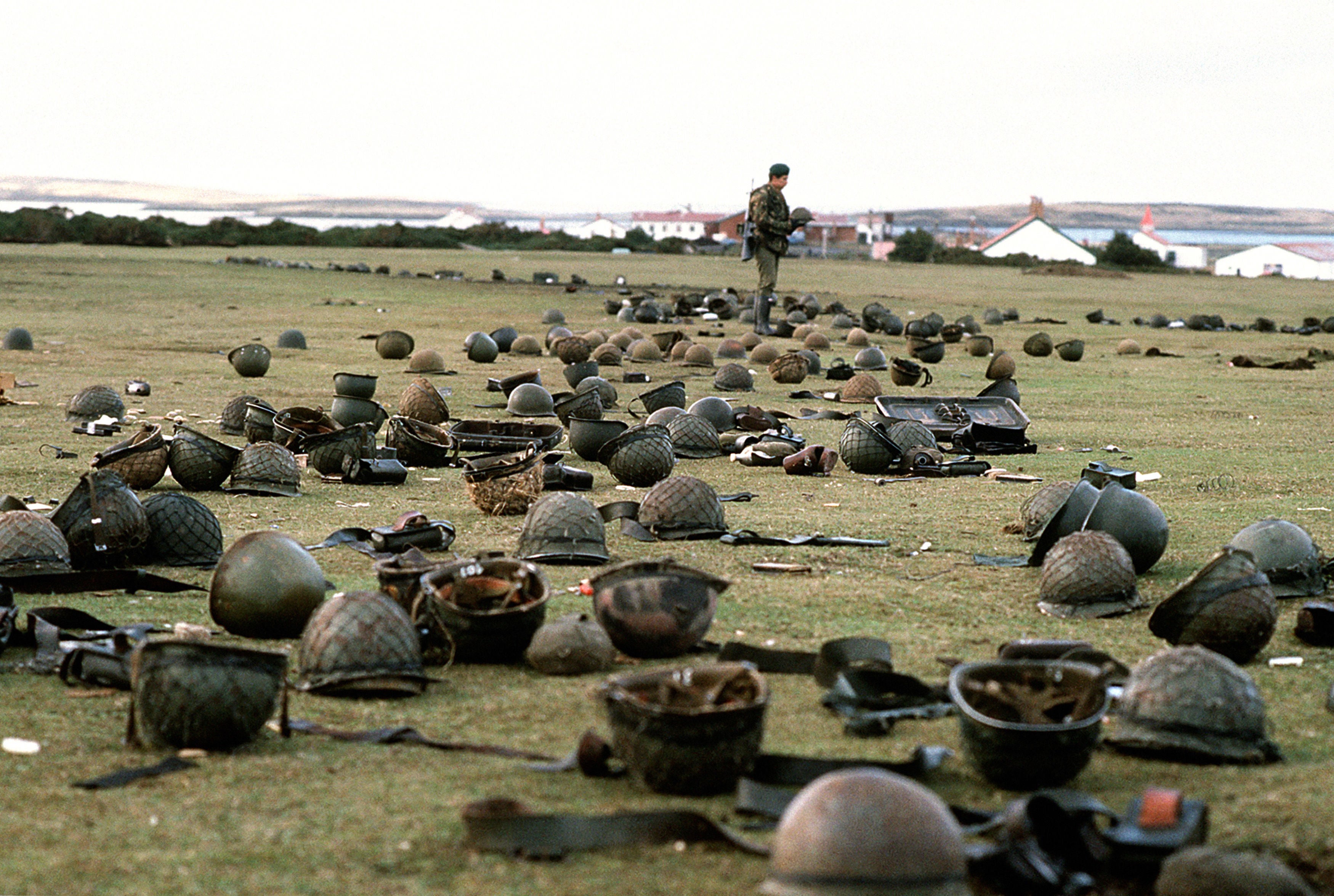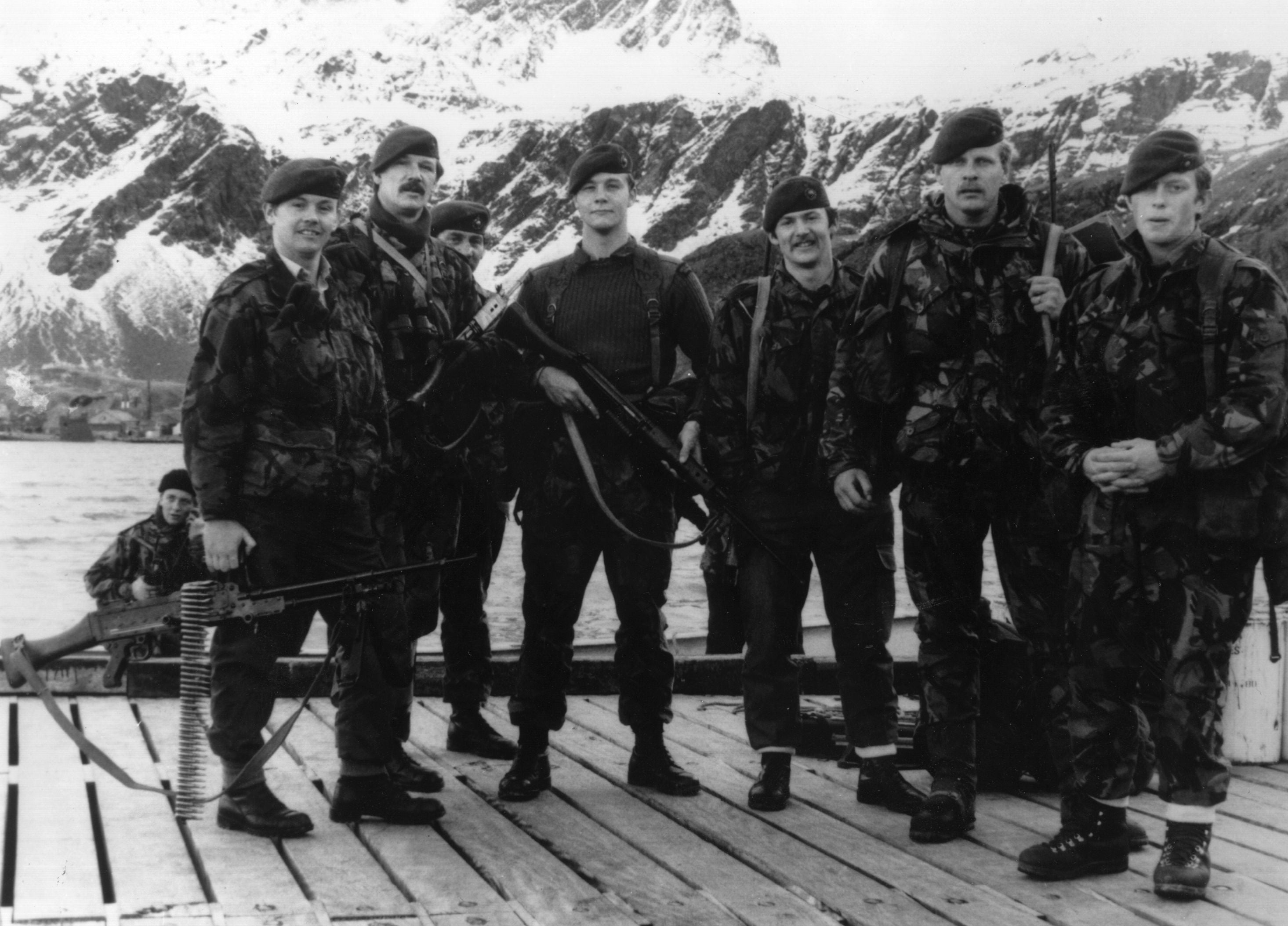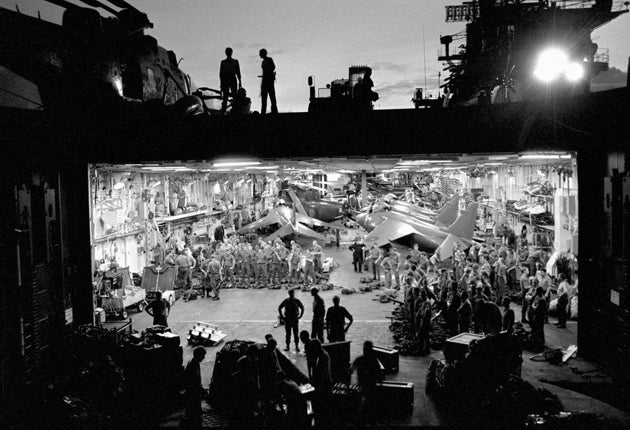Falklands becoming ‘forgotten war’ with many ‘clueless’ about conflict
One in four younger people have never heard of the conflict, Aisha Rimi reports


The Falklands War risks becoming a “forgotten war”, according to a new report which suggests many people are “clueless” about its details.
One in four younger people have never heard of Britain’s conflict with Argentina over the islands, the report revealed. Only four per cent of more than 2,100 adults polled by Help for Heroes to mark the 40th anniversary of the war were able to answer questions correctly.
Half of those aged 18-34 said they did not know when the war was fought, and one in 10 of that age group believed the UK invaded the islands, leading to the war, while a similar number thought the Falklands are in the English Channel.
According to the charity, the sacrifice of the almost 26,000 personnel who served during the war is in danger of being forgotten as the years go by.
During the 74-day war, 255 British servicemen lost their lives in the war, as well as three Falkland civilians and 649 Argentine troops.
Help for Heroes said it believed there are likely to be many Falklands veterans who are still struggling with physical or mental wounds from the conflict, and wants these people, and their families, to know they will never be forgotten, and it is never too late to come forward for support, even 40 years on.
Carol Betteridge, head of clinical and medical services at Help for Heroes, said: “Forty years ago, the support for mental and physical wounds was less advanced and harder to access, making it difficult for veterans to get the support they needed.
“While there have been major improvements in Government support for veterans since then, we are concerned that veterans are falling through the gaps.
“Just because people were injured 40 years ago, doesn’t mean they don’t still need help, as recovery can take years or last a lifetime.”
Falklands veteran Nick Martin, 65, was in the Royal Navy on the Atlantic Conveyor when, on May 25 1982, it was hit by two Argentine Exocet missiles, killing 12 crew.

He suffered physical injuries including a fractured skull, traumatic brain injury, lost teeth, a dislocated jaw and burns to his mouth and throat. Mr Martin has since been diagnosed with PTSD as a result of his time in the Falklands.
He said: “There was no real support available for me when we returned home. I had a couple of months in Stonehouse Hospital in Plymouth, but nothing more than physiotherapy. There was no mental health support at all. No advice.
“Previously I sabotaged anything that was good, and I wouldn’t allow myself to enjoy anything. I kept thinking: ‘Those lads who never made it back never had a chance to do any of this, so why should I have a nice life?’
“With Help for Heroes, I had a lightbulb moment that made me realise what I should be doing is living the best possible life I can, because that’s what they would have wanted me to do – but it took nearly 35 years to get sorted.”

Richard Marsden, 62 of Barrow-in-Furness, had a similar experience to aftercare following the Falklands, having fought in the final battle of the conflict, the taking of Mount Tumbledown, when he was serving with the 2nd Battalion Scots Guards.
He said: “When we came home, we were given six weeks’ leave but that’s when I started experiencing night terrors.
“PTSD wasn’t even a phrase that was used back then so I was unaware of any possible long-term damage to my mental health.”
After a successful career in the army, Mr Marsden left after 12 years of service, saying that he “knew that something wasn’t right”, convinced that the problem was “psychological”.
He added: “The Falklands War should never be forgotten because of all those families who were, and continue to be, directly affected by the conflict.”
Veterans of the war and the families of those who died will be taking part in a series of events run by Legion Scotland and Poppyscotland to mark the 40-year anniversary, including a national parade and service of remembrance in Edinburgh in June.
Additional reporting by PA Media
Join our commenting forum
Join thought-provoking conversations, follow other Independent readers and see their replies
Comments
Bookmark popover
Removed from bookmarks